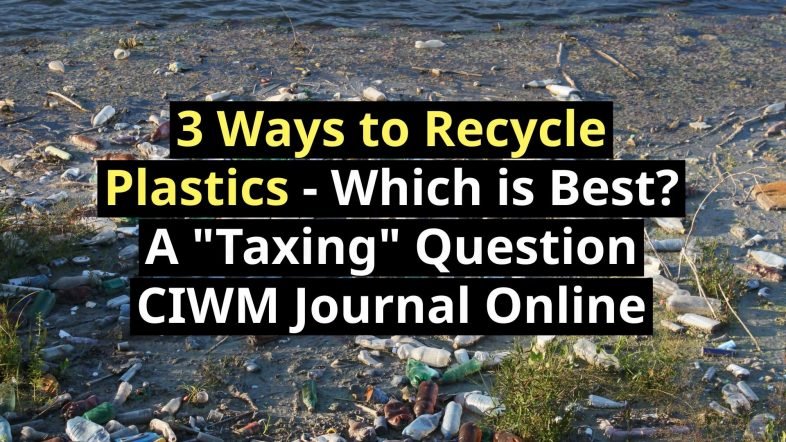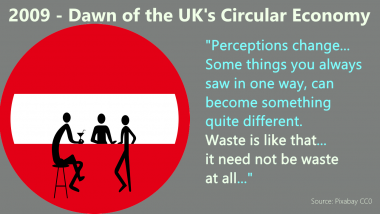We need better ways to Recycle Plastics, because currently improving the dire situation on the sustainability of plastics, just isn't working, so is it best to see the solution as a taxing question, deposit return schemes, or a need for new extended Producer Responsibility requirements to make the plastics producers pay the true cost of disposal of their “cheap” plastic packaging products?
So to summarise – the point is: Taxes or deposit return schemes – how can we use economics to incentivise more recycling? None! Use extended producer responsibility!
Two ways of using economic drivers to increase recycling rates are a Deposit Return Scheme, a carrot, or a tax on single-use plastics, a stick. BUT, there is a 3rd way as well! More about that later and in the following video we made about this article!
Similar schemes in Europe have been successful in achieving high recycling rates for PET bottles, aluminium cans and glass.
Ways to Recycle Plastics
1. Deposit Return Schemes
Deposit Return Schemes is one of the ways to recycle plastics, as it should increase recycling rates for the materials included in the scheme, most likely PET bottles and aluminium cans.
2. Single-use Plastics Tax
 In this case the consumer can choose to bring a reusable cup and avoid paying the tax; or if they prefer the convenience of not bringing a cup, they can pay the tax, which is then used to pay for the recovery and recycling of the single-use packaging.
In this case the consumer can choose to bring a reusable cup and avoid paying the tax; or if they prefer the convenience of not bringing a cup, they can pay the tax, which is then used to pay for the recovery and recycling of the single-use packaging.
3. Extended Producer Responsibility
A more effective solution would be Extended Producer Responsibility schemes.
That would encourage brands to design for end of life in exchange for reduced compliance fees, and so improve the ‘recyclability’ of their packaging.
Isn't that 3rd way a better way?
Now read the full article at: A Taxing Question CIWM Online Journal.





